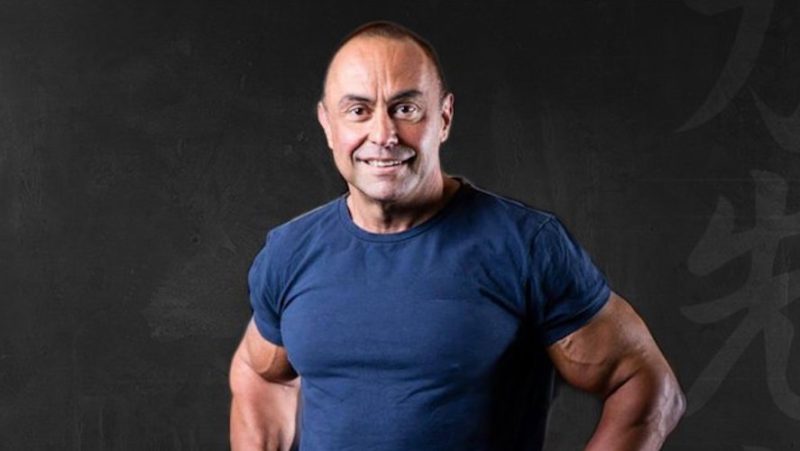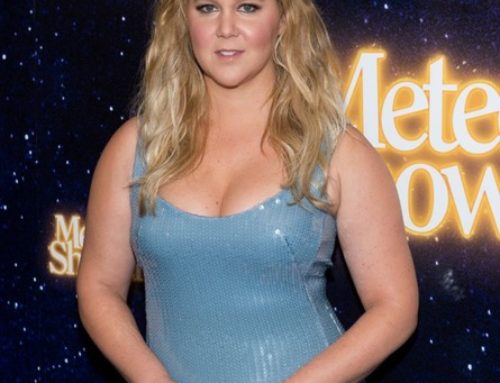The death of the legendary trainer and strength coach Charles Poliquin at the age of 57 was a tragedy. It would be even more of a tragedy to politicize his death.
Let me explain.
In case you hadn’t noticed, debates about nutrition and health have started to resemble debates in the U.S. congress. They’re acrimonious, tribal, and often ill-tempered: your side is “wrong”, my side is “right” and don’t bother me with any facts that don’t fit my narrative.
Charles was an outspoken advocate of lower carb, higher fat diets. He held thoughtful, educated positions and the research was on his side.
But that isn’t going to stop the inevitable (and partisan) proliferation of comments such as, “See? His high-fat diet did him in and he died of a heart attack! We should all be vegans!”
That’s the absolute last thing Charles would want to happen. He’d hate the fact that anyone would use his death as “evidence” for out-of-date theories about fat, animal products, cholesterol and heart disease. And he’d have a few choice words for the people who’d make that argument.
Because here’s the uncomfortable fact that we all need to face: Sometimes shit happens, and it’s not always because of anything we did or didn’t do. It just….happens.
Every time an icon of the health movement dies early or unexpectedly, people struggle with how to make sense of it. Those of us who answer questions on health for a living get a flood of comments saying, “He did all the right things, and he died anyway, so what’s the purpose of doing the right things?”
This happened when running guru Jim Fixx died at age 52, it happened when nutritionist Shari Lieberman died of ovarian cancer at 51, and it happened when Robert Crayhon—a mentor of both mine and Charles’- died at 49 of colon cancer.
But here’s the thing. People die wearing seat belts, but that doesn’t make wearing seat belts a bad idea. Wearing seat belts reduces the risk of dying in a car crash but it doesn’t reduce it to zero. Seat belts still significantly reduce the risk of fatalities and you’re an idiot if you don’t use them.
And it’s the same with diet. Charles, Robert and Sheri died eating Paleo-centric diets, but do we have any idea how many lives were saved by eating those very same diets? Conversely, do we have any idea how many deaths from heart disease and cancer were directly caused by eating the low-fat high-carb diet that health authorities recommend and that Charles (and Robert, and Shari) wisely shunned?
If there’s one thing I’ve learned from 28 years in the health professions—and I’m 100% sure my friend Charles would agree with this statement—it’s this: There are more factors influencing health outcomes than anyone ever dreamed of even a decade ago. Genetics. Epigenetics. Nutragenomics. SNPPS (slight variations in genes that have wide-ranging consequences). The microbiome. Exposures to chemicals and toxins. Hormones, neurotransmitters, psychoneuroimmunology, meal timing, SIBO, gluten—you name it, there’s a faction in nutrition that thinks it explains everything.
So listen up, people. Nothing explains everything. Sometimes some of those abovementioned factors—and many that we don’t even know about yet—collide like random meteorites and result in a stressor at a vulnerable point in your metabolism, and before you know it you’re looking at an autoimmune disease, a cancer, or a heart attack.
As Dr. Mark Houston—a great friend of both Charles and myself—used to say, “The body has only a finite number of ways to respond to an infinite number of stressors”.
A heart attack is one of those ways.
Losing Charles is very sad. But it would be even sadder if anyone believed we lost him because he ate a healthy, low-carb diet.














Leave A Comment